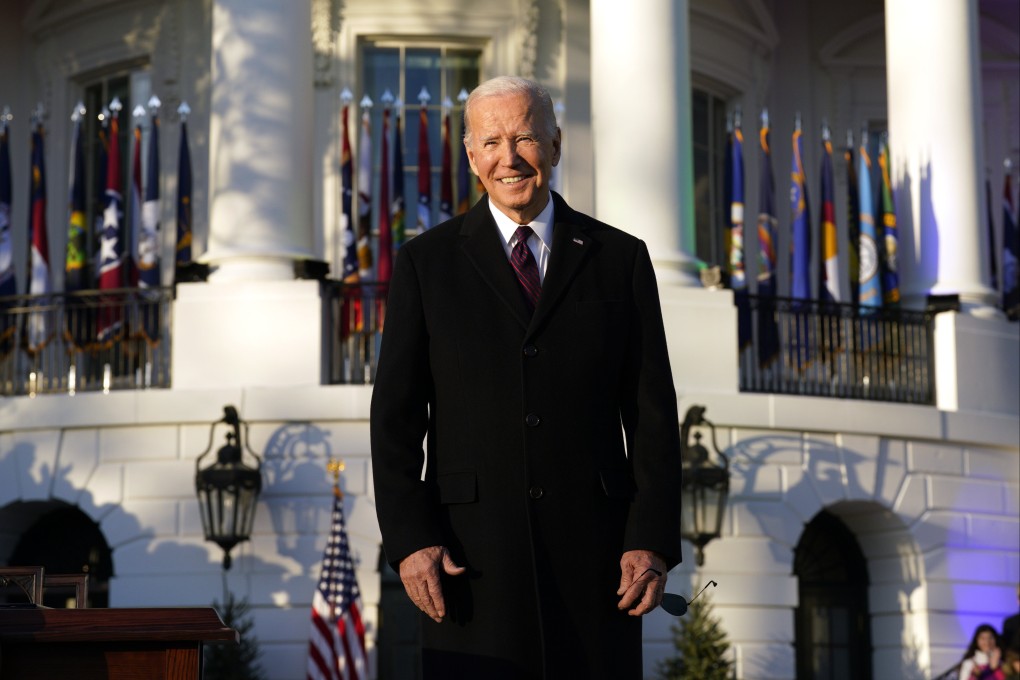Advertisement
On Balance | 2022 brought Western democracies together, but internal divides remain
- The US succeeded in strengthening global alliances in 2022 while opponents like Russia face growing exclusion, making for a better year for Biden than many would have expected
- That said, the US-led order will continue to face hurdles from within in 2023
Reading Time:3 minutes
Why you can trust SCMP
14

Is it too early to predict that 2022 was the beginning of the end of the democratic recession that US Secretary of State Antony Blinken keeps warning us about? Was it the year that autocracy began to collapse under its own weight?
The most obvious indicator is Russian President Vladimir’s Putin’s vastly diminished position following setbacks in Ukraine. Instead of swallowing Ukraine, he’s made the world wonder why Russia was granted a higher geopolitical stature than its economy would justify owing to a now-disproved perception of military invincibility.
Beijing’s about-face on what was one of the world’s strictest Covid-19 containment regimes, too abrupt to be anything based on science or epidemiology, is another case in point. Given the Chinese government’s history of meticulous planning ahead of any changes capable of causing instability, we’re left to conclude that – for the first time in recent history – popular grievances forced Xi Jinping’s government into retreat.
Advertisement
Its decision to step back and let Covid-19 rampage through the country without stockpiling vaccines, antivirals, pain relievers or other basic medication ahead of time was not, in the philosophy often attributed to Deng Xiaoping – “crossing the river by feeling the stones”. The move was a dive off a cliff in hopes that the water was deep enough.
Iran’s hardline leaders, whose supply of drones to Russia underscores how much Tehran has drawn closer to Putin, are also on their back feet amid an uprising over their government’s atrocious treatment of women.
Advertisement
Blinken and his boss President Joe Biden must be heading into 2023 with more hope than they had at any point in the year, despite the news of Putin’s continued bombardment of Ukraine. Cold as it might be, the one comfort that they and other defenders of democratic rule can take is that the Kremlin’s acting out of desperation and not because it has the upper hand.
Advertisement
Select Voice
Select Speed
1.00x
